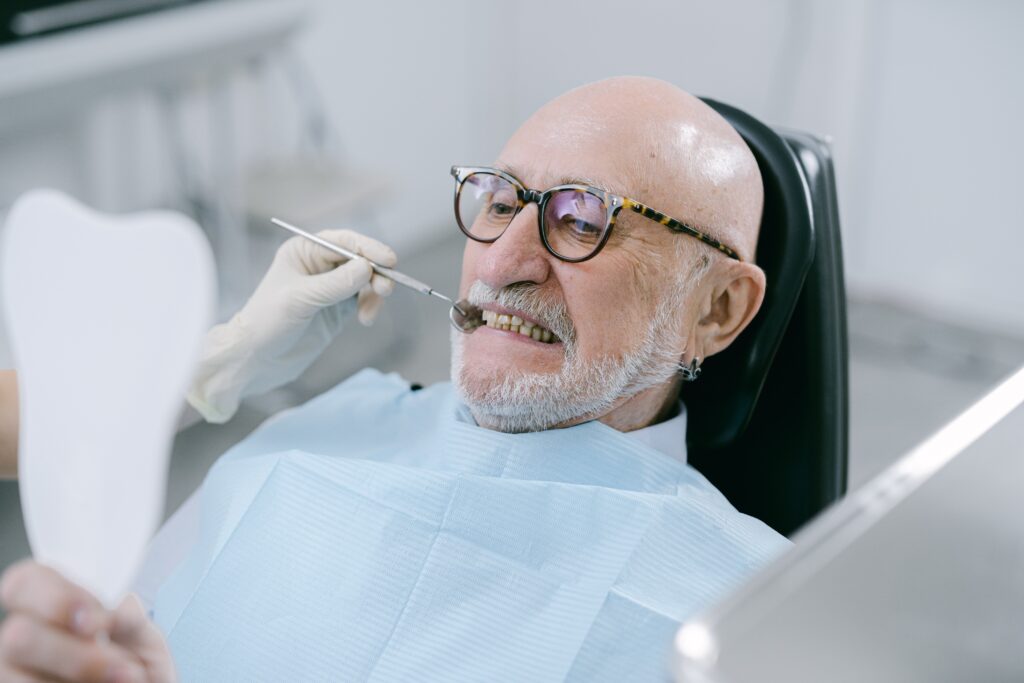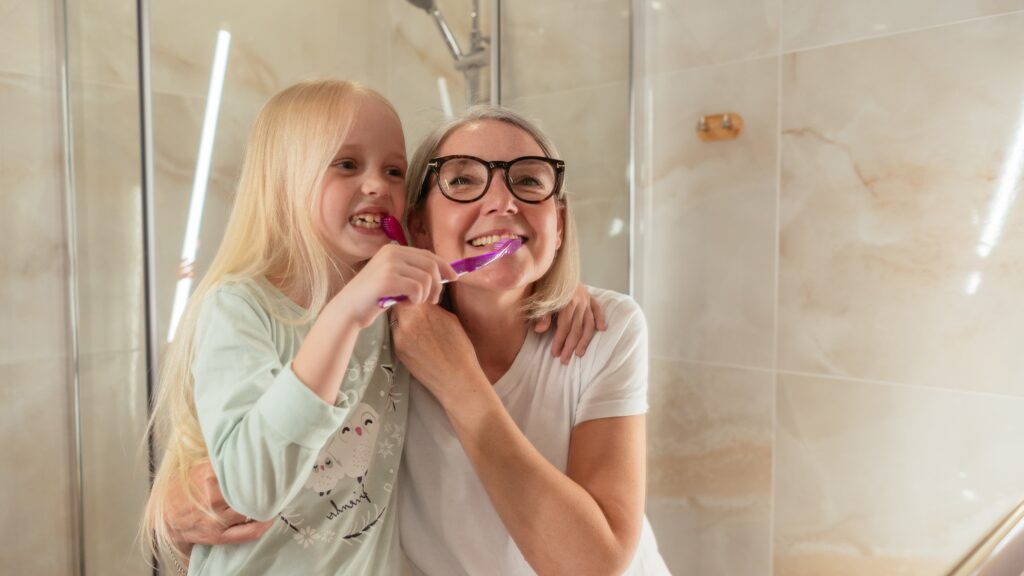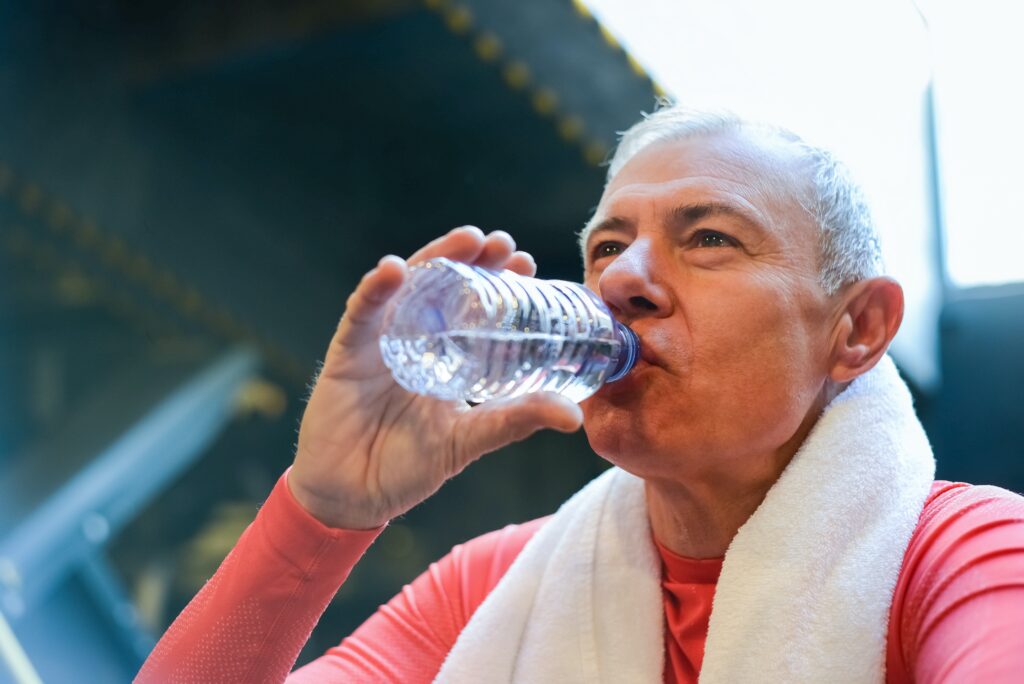5 Best Practices for Senior Dental Care
Contents
- 1 5 Best Practices for Senior Dental Care
- 1.1 Introduction:
- 1.2 5 Best Practices for Senior Dental Care
- 1.2.1 Regular Dental Check-ups
- 1.2.2 Effective Oral Hygiene
- 1.2.3 Maintain Proper Denture Care
- 1.2.4 Stay Hydrated and Watch Your Diet
- 1.2.5 Avoid Tobacco and Limit Alcohol
- 1.2.5.1 Heart-Healthy Eating for Seniors Tips
- 1.2.5.2 Common Heart Conditions in Old Age and Their Treatments
- 1.2.5.3 Cardiac Rehabilitation for Elderly Patients
- 1.2.5.4 Osteoporosis Prevention in Seniors
- 1.2.5.5 Understanding Arthritis: A Comprehensive Guide to Joint Health
- 1.2.5.6 Managing Arthritis Pain in Seniors
- 1.2.5.7 Exercise Tips for Maintaining Strong Bones in Old Age
- 1.2.5.8 Age-Related Changes in Bone Density and Structure
- 1.3 FAQs (Frequently Asked Questions)
- 1.4 Conclusion:
Read DISCLAIMER
Discover the 5 best practices for senior dental care to maintain healthy smiles as you age. Expert insights on oral hygiene and preventive measures for optimal oral well-being.
Introduction:
In particular as we age, maintaining excellent dental health is essential for general wellbeing. Seniors are more likely to have some dental issues, but with the correct information and habits, they may maintain bright, healthy smiles long into their senior years. In this extensive guide, we’ll dig into the five best practices for senior dental care, offering professional guidance and practical suggestions to preserve your oral health and your confidence in your smile.

5 Best Practices for Senior Dental Care
Regular Dental Check-ups
Seniors must regularly visit the dentist to identify and treat oral health problems as soon as they arise. A healthy smile is ensured through routine cleanings, exams, and X-rays that help prevent and manage dental issues.

Effective Oral Hygiene
It is essential to practice good dental hygiene at home. Use fluoride toothpaste and a soft-bristle brush to clean your teeth at least twice every day. Don’t forget to floss every day to get rid of food bits and plaque from in between your teeth.
Maintain Proper Denture Care
Proper care is crucial for elderly people who wear dentures. Every day, brush and clean your dentures to avoid bacterial growth. Remove them at night so that your gums can relax and you can keep your real teeth clean.

Stay Hydrated and Watch Your Diet
It’s important for dental health to maintain salivation, therefore drinking enough of water can assist. To promote the health of your teeth and body as a whole, eat a balanced diet that is high in vitamins, minerals, and fiber.
Avoid Tobacco and Limit Alcohol
The risk of gum disease, oral cancer, and other dental problems rises with tobacco use. Additionally, drinking too much alcohol might harm your mouth’s health. A healthy grin is facilitated by giving up cigarettes and reducing alcohol use.
Read more about
Heart-Healthy Eating for Seniors Tips
Common Heart Conditions in Old Age and Their Treatments
Cardiac Rehabilitation for Elderly Patients
Osteoporosis Prevention in Seniors
Understanding Arthritis: A Comprehensive Guide to Joint Health
Managing Arthritis Pain in Seniors
Exercise Tips for Maintaining Strong Bones in Old Age
Age-Related Changes in Bone Density and Structure
FAQs (Frequently Asked Questions)
If I have dentures, do I still need to floss?
Yes, flossing is crucial to maintaining healthy gums and preventing gum disease even if you wear dentures.
Can an older citizen have dental implants?
Yes, many older citizens who have healthy bones and general wellness are qualified for dental implants. To learn more about your choices, talk to a dentist.
How frequently should I change my toothbrush?
The bristles of your toothbrush should be replaced every three to four months, or sooner if they are frayed.
Can I use mouthwash every day?
Fluoride mouthwash without alcohol might be good for your dental health. To find the appropriate frequency for your unique needs, speak with your dentist.
What should I do if my mouth is dry?
To find and treat the underlying problem, stay hydrated, think about utilizing saliva substitutes, and discuss your symptoms with your dentist.
Are electric toothbrushes more beneficial for seniors?
Seniors may benefit from using electric toothbrushes since they frequently incorporate features like timers and pressure sensors to guarantee gentle and efficient brushing.
Conclusion:
You may take proactive measures to keep a healthy and beautiful smile as you age by adhering to these 5 recommended practices for senior dental care. The best oral health may be promoted by routine dental checkups, good oral hygiene, denture care, a balanced diet, and healthy lifestyle decisions. To have a confident smile and improve your general quality of life, put your dental health first.

We are a group of volunteers and opening a new scheme in our community.
Your web site offered us with useful info to work on. You have done an impressive task and our whole neighborhood
will probably be grateful to you.
The examples provided make it easy to understand. I’ve been searching for information like this for a while. This blogpost answered a lot of questions I had. Your writing style makes this topic very engaging. This post is really informative and provides great insights! Great read! Looking forward to more posts like this.
Thank you for your sharing. I am worried that I lack creative ideas. It is your article that makes me full of hope. Thank you. But, I have a question, can you help me?
Thanks for sharing. I read many of your blog posts, cool, your blog is very good.
Thank you for your sharing. I am worried that I lack creative ideas. It is your article that makes me full of hope. Thank you. But, I have a question, can you help me?
I don’t think the title of your article matches the content lol. Just kidding, mainly because I had some doubts after reading the article.
Thanks for sharing. I read many of your blog posts, cool, your blog is very good.